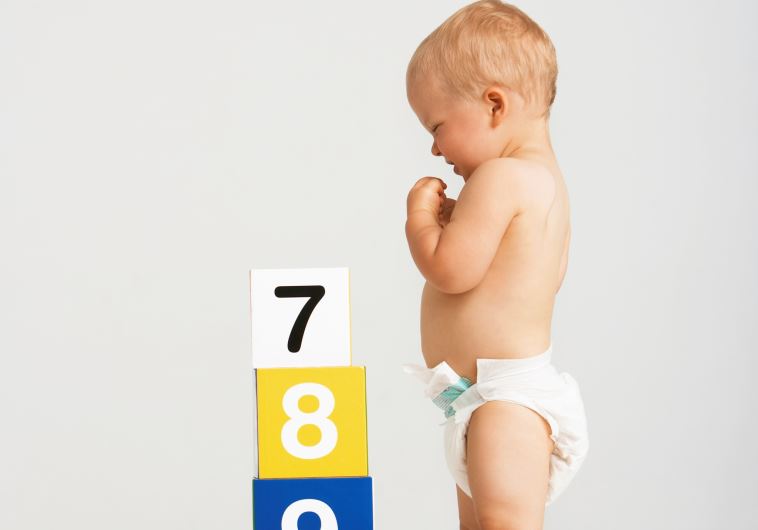Court: Gay adoption of child born through surrogacy possible without paternity test
Court ruling to advance state policy regarding recognition of adoption of children born to homosexual couples through surrogacy abroad.
 A baby playing (illustrative)Updated:
A baby playing (illustrative)Updated: